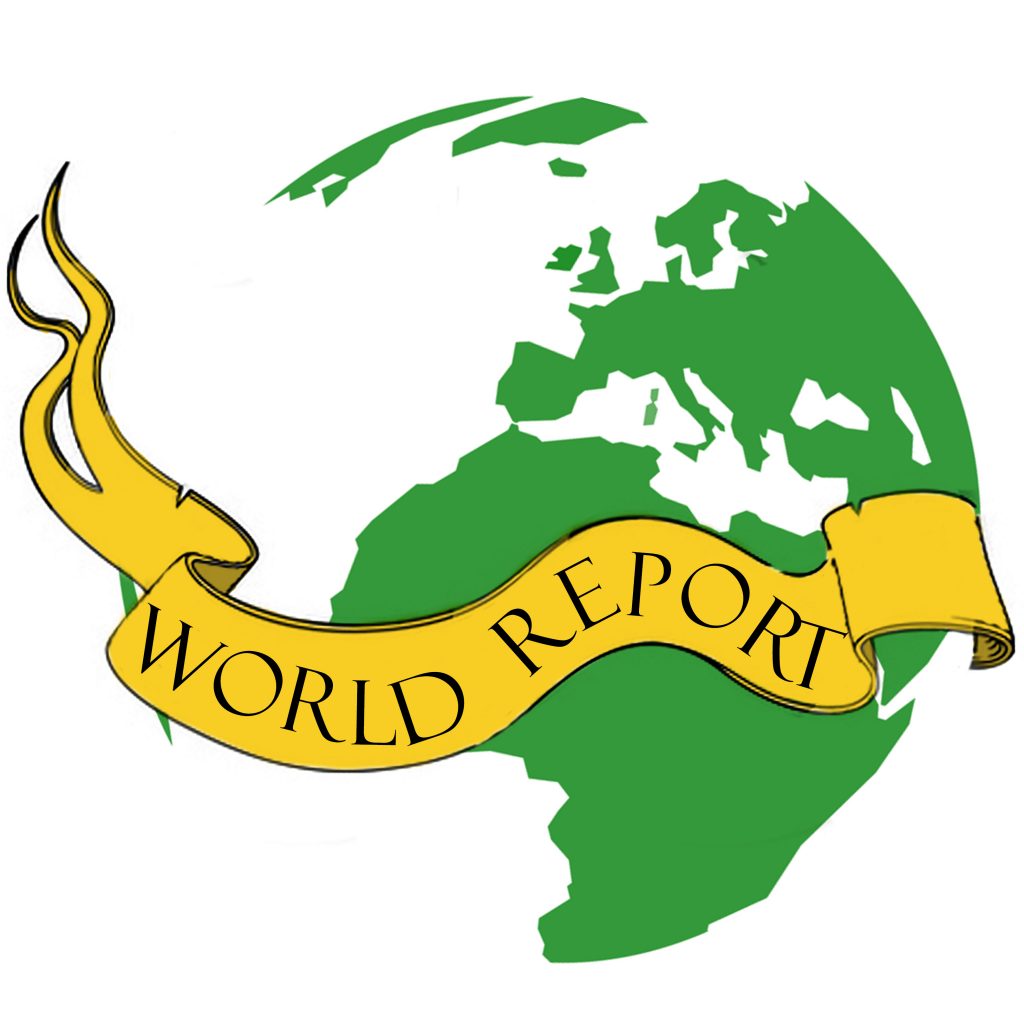Battle for Mosul
On Oct. 17, 2016, an offensive was launched to retake the Iraqi city of Mosul, which had been held by IS for two years. While the majority of the ground forces are Iraqi Security Forces and local militias, a U.S. coalition is providing leadership and air support. Fighting has been continuous since Oct. 17, with the exception of a two-week hiatus ending on Dec. 29. According to the BBC the hiatus was used by the coalition to refresh and rearrange forces in secured areas of the city. On Jan. 8, counter terrorism Forces announced that coalition forces had reached the Tigris River, which divides Mosul into East and West districts. East Mosul is expected to be completely retaken within weeks, while taking West Mosul may take months.
The election and Russia US relations
On Oct. 18, the Obama Administration announced that US Intelligence agencies believed the Russian Government to be behind the hacking of the Democratic National Committee, which may have influenced the outcome of the US presidential election, according to CNN. In retaliation to the hacking and to “an unacceptable level of harassment” suffered by U.S. diplomats in Moscow, according to a press release by President Obama on Dec. 29, the Obama Administration is taking political action against Russia. Nine government agencies, companies and individuals identified by U.S. intelligence as having been involved in the hacking have been specifically sanctioned, thirty-five Russian Intelligence Operatives are being ordered to leave the US, and Russian Intelligence centers in New York and Maryland are being closed. The Obama Administration is also declassifying and disseminating information about Russian civilian and military intelligence cyber activity “to help network defenders of the in the United States and abroad identify, detect, and disrupt Russia’s global campaign of malicious cyber activities.” The Russian Press Secretary denies involvement and related America’s accusations to a “witch hunt.”
Outbreak of Arctic weather in Europe
From Turkey to Spain and from Poland to Greece, a recent stretch of cold weather has caused economic and social disturbances. In areas of Spain and Serbia rivers that are usually open year-round have frozen over, causing complications with shipping and transportation, migrants and refugees from the Middle East that lack shelter are freezing to death in Greece, and airports are closed in Italy and Russia. While meteorologists do not expect the cold-snap to last much longer, over one hundred cold-weather related deaths have been reported in Europe since Nov. 1, according to the BBC.





